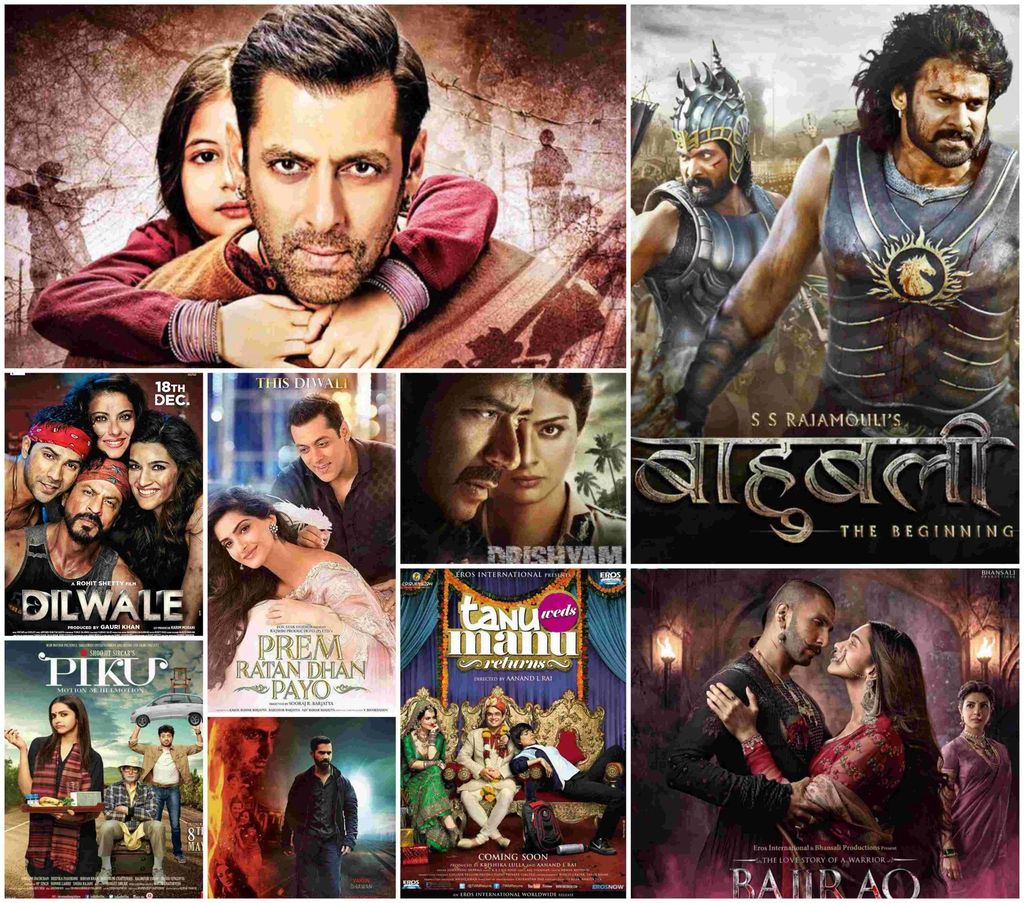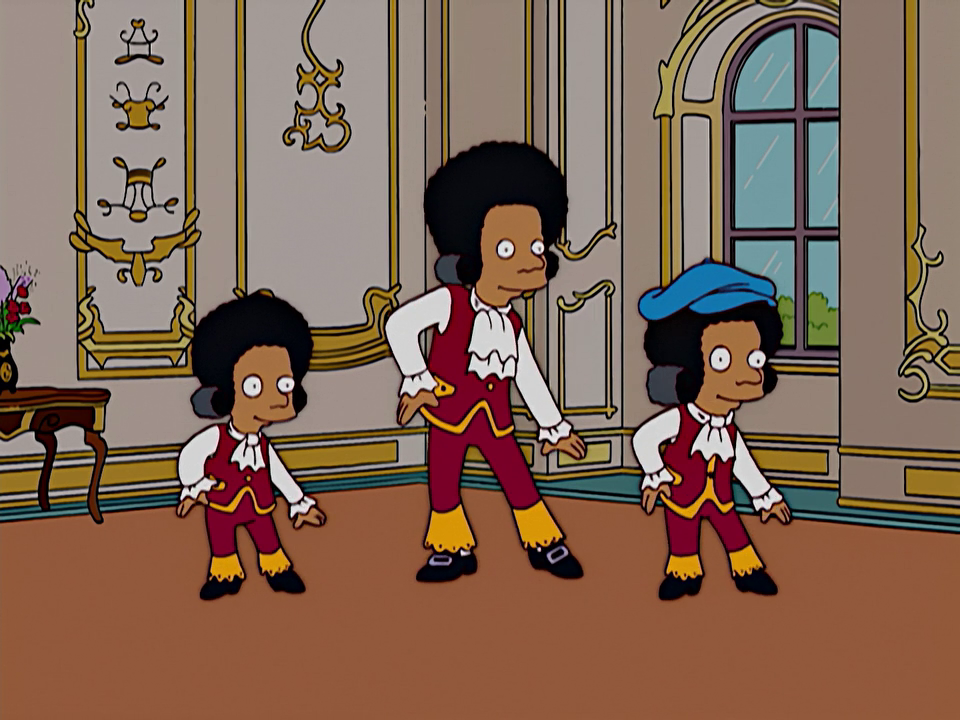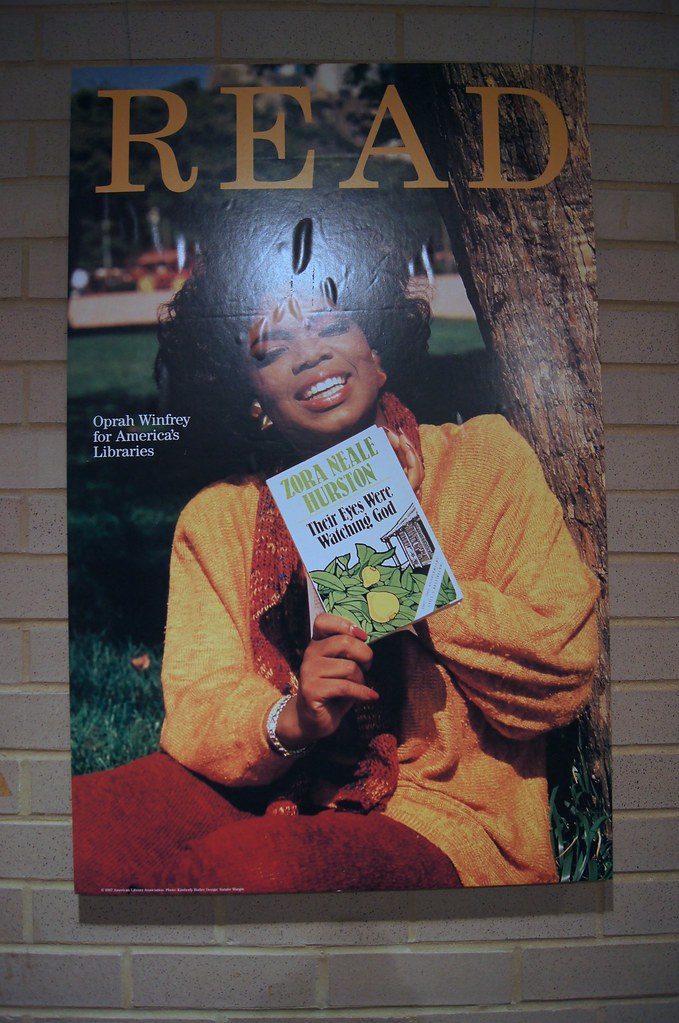
Oprah Winfrey’s story transcends that of a mere celebrity; it is a profound narrative of meticulously crafted business acumen, transforming influence and emotional capital into a billion-dollar empire. What began as a syndicated daytime talk show in the late 1980s has evolved into an expansive ecosystem, uniquely balancing content ownership, cultural curation, and an unparalleled level of emotional trust with American audiences. Her journey illustrates a masterclass in entrepreneurship, demonstrating how one individual can redefine media, commerce, and societal impact across multiple generations, creating a legacy that continues to reshape the landscape of influence.
This article delves deep into the strategic infrastructure Oprah Winfrey designed, which has not only redefined American influence for over three decades but continues to resonate powerfully, from baby boomers to Gen Z. We will uncover the pivotal decisions and innovative approaches that allowed her to transition from a celebrated television personality to a media titan, shaping how Americans consume stories, products, and even personal transformation. Her methods were not just about profit; they were about pioneering a new model of engagement, trust, and cultural resonance that cemented her status as a global icon, proving that empathy and strategic ownership can pave the way to unparalleled success.
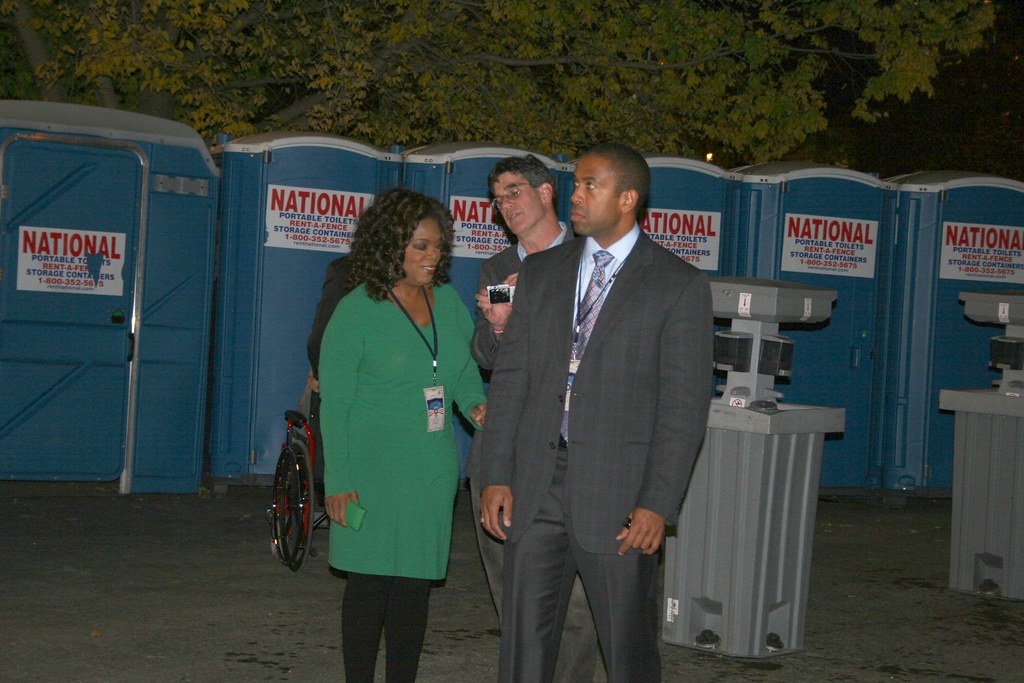
1. **The Radical Pivot: Launching Harpo Productions**In the late 1980s, Oprah Winfrey made a seminal decision that fundamentally distinguished her from nearly every other media personality of her generation. While her national fame as the host of The Oprah Winfrey Show was already well-established, her move to launch Harpo Productions in 1986 represented a radical pivot from being talent to becoming an owner. This strategic leap was critical, allowing her to retain crucial intellectual property (IP) rights to her show—a rarity in the syndicated television world traditionally dominated by powerful networks and studio executives who typically held all the power and profit.
This bold transition from an employee to an enterprise dramatically altered the economic trajectory of her career, shifting the financial paradigm in her favor. Instead of simply receiving a host salary, Oprah positioned herself to earn a lion’s share of advertising revenue, syndication profits, and licensing agreements. This foresight laid the critical financial foundation for her eventual ascent to billionaire status, demonstrating an acute understanding of long-term wealth creation beyond mere contractual wages. It was a move that many aspiring entertainers would later seek to emulate, recognizing the profound implications of owning their creative output.
The decision to launch Harpo Productions was not merely about personal enrichment; it granted Oprah an unprecedented level of creative and operational control over her content. She was no longer just the face of a show; she became its architect, able to shape its direction, themes, and overall message without external interference. This autonomy was instrumental in building a brand deeply rooted in authenticity and emotional connection, qualities that would become hallmarks of her enduring appeal and commercial success, allowing her to truly connect with her audience on her own terms.
This strategic self-empowerment represented true agency in a highly competitive and often restrictive industry. By taking ownership, Oprah effectively circumvented the traditional gatekeepers of media, establishing a direct pipeline to her audience and ensuring that her vision remained uncompromised. This foundational step showcased not only her entrepreneurial spirit but also a profound understanding of how to leverage influence into lasting power and wealth, fundamentally changing the landscape for media personalities.
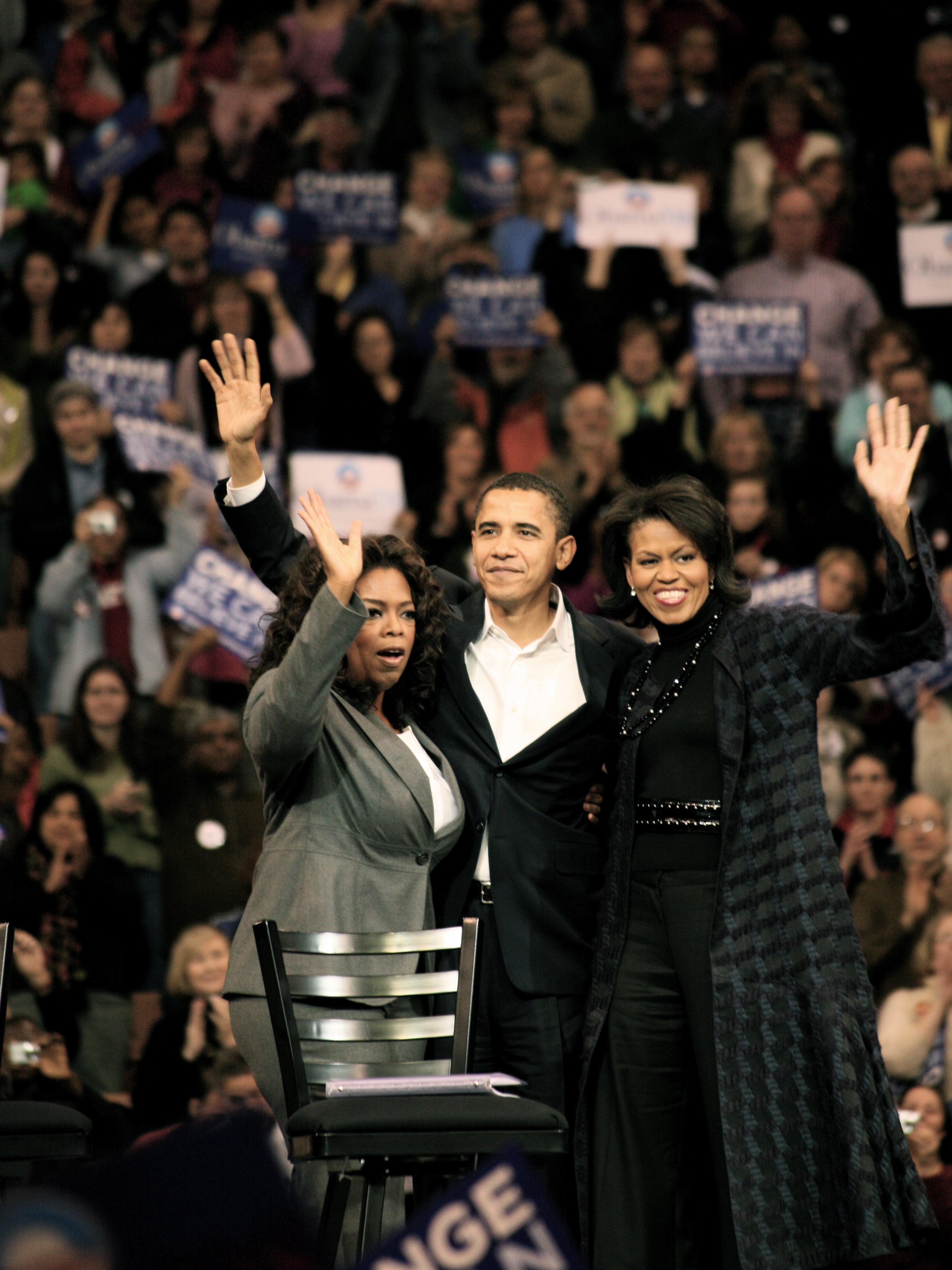
2. **Redefining Media Ownership: Harpo’s Vertical Integration**Harpo Productions quickly emerged as a groundbreaking model for ownership within a media landscape where talent often possessed limited power. The traditional structure saw networks owning shows outright, leaving hosts with little influence over creative direction, profit distribution, or intellectual property rights. Oprah’s innovative approach shattered this norm; she wasn’t merely an on-screen presence, but rather the owner of the show, its accompanying studio, and all subsequent spin-offs, establishing a new paradigm for celebrity engagement in the business world. This move set her apart, creating an integrated ecosystem where her vision could flourish unimpeded.
The scope of Harpo’s reach extended far beyond the immediate production of The Oprah Winfrey Show, encompassing significant film and television adaptations. Notable examples include the critically acclaimed “Beloved” and “The Women of Brewster Place,” both of which further diversified Harpo’s portfolio and demonstrated its capacity for high-quality storytelling beyond the talk show format. This expansion into other media forms not only broadened her cultural footprint but also provided new revenue streams and opportunities for creative expression, solidifying Harpo’s position as a multifaceted media powerhouse.
By vertically integrating her brand through Harpo, Oprah achieved a dual objective: she not only maximized profitability by controlling every stage of content creation and distribution but also set a powerful precedent for others. This demonstrated to other U.S. media figures how to secure deeper agency and control over their careers, moving beyond mere endorsements or hosting gigs into executive leadership. Her model became a blueprint for entertainers aiming to build truly sustainable and influential careers, inspiring a generation to think beyond traditional employment structures.
This strategic integration provided a clear roadmap for future entertainers aspiring to transition into executive leadership roles and establish their own media entities. It underscored the importance of owning one’s narrative and production capabilities, transforming the industry from one where talent was primarily an asset to one where talent could be the ultimate proprietor. Harpo Productions thus became synonymous with a new era of empowerment for media personalities, showcasing the immense power of self-determination in building a lasting legacy that continues to inspire entrepreneurs today.
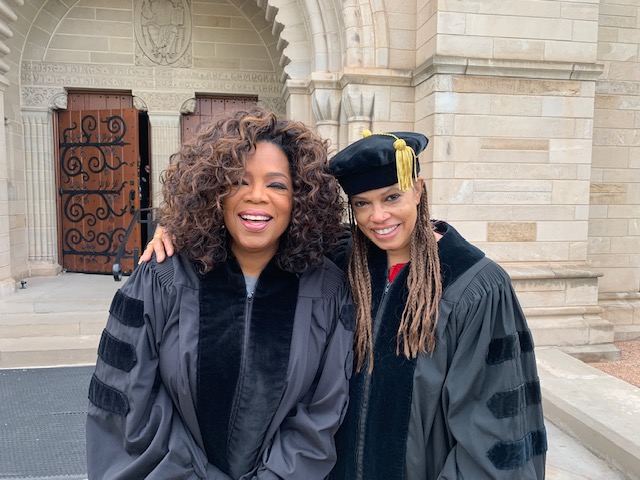
3. **Beyond Television: Building a Multi-Platform Media Empire**As the early 2000s ushered in a new era of fragmenting television viewership, Oprah Winfrey demonstrated her astute adaptability by strategically extending her influence across a myriad of media formats. Her empire evolved in lockstep with changing American media consumption habits, successfully navigating transitions from print to digital and into streaming. This foresight ensured her brand remained omnipresent and relevant, continually connecting with her audience wherever they sought content, proving her ability to anticipate market shifts and innovate.
A significant diversification came in 2000 with the launch of *O, The Oprah Magazine*, a venture that defied conventional market wisdom by achieving an extraordinary circulation peak of over 2 million in the U.S. at a time when the magazine industry was shrinking. This remarkable feat highlighted not only the power of her brand but also her ability to curate content that resonated deeply with her target demographic. The magazine became a physical extension of her television show’s ethos, offering personal insights, lifestyle advice, and inspirational stories.
Following this print success, Oprah.com rapidly grew into a major online hub for lifestyle and self-help content, attracting millions of unique U.S. visitors monthly. This robust online presence allowed her to effectively tap into the burgeoning digital economy, offering curated content that consistently mirrored her core brand values: self-betterment, emotional resilience, and authenticity. Her digital platform became a trusted resource, extending her reach beyond traditional media and into the everyday lives of her audience, providing a personalized experience.
Her innovation didn’t stop there; Oprah further expanded her voice into the rapidly growing U.S. audio market with the launch of *Super Soul Sunday* podcasts and audiobooks. This move was particularly impactful among adult women aged 25–54, a key demographic that deeply resonated with her messages of spiritual guidance and personal growth. By strategically diversifying across print, digital, and audio, Oprah built a truly multi-platform media empire, demonstrating an unparalleled ability to anticipate and adapt to the evolving media landscape and maintain a ubiquitous presence.
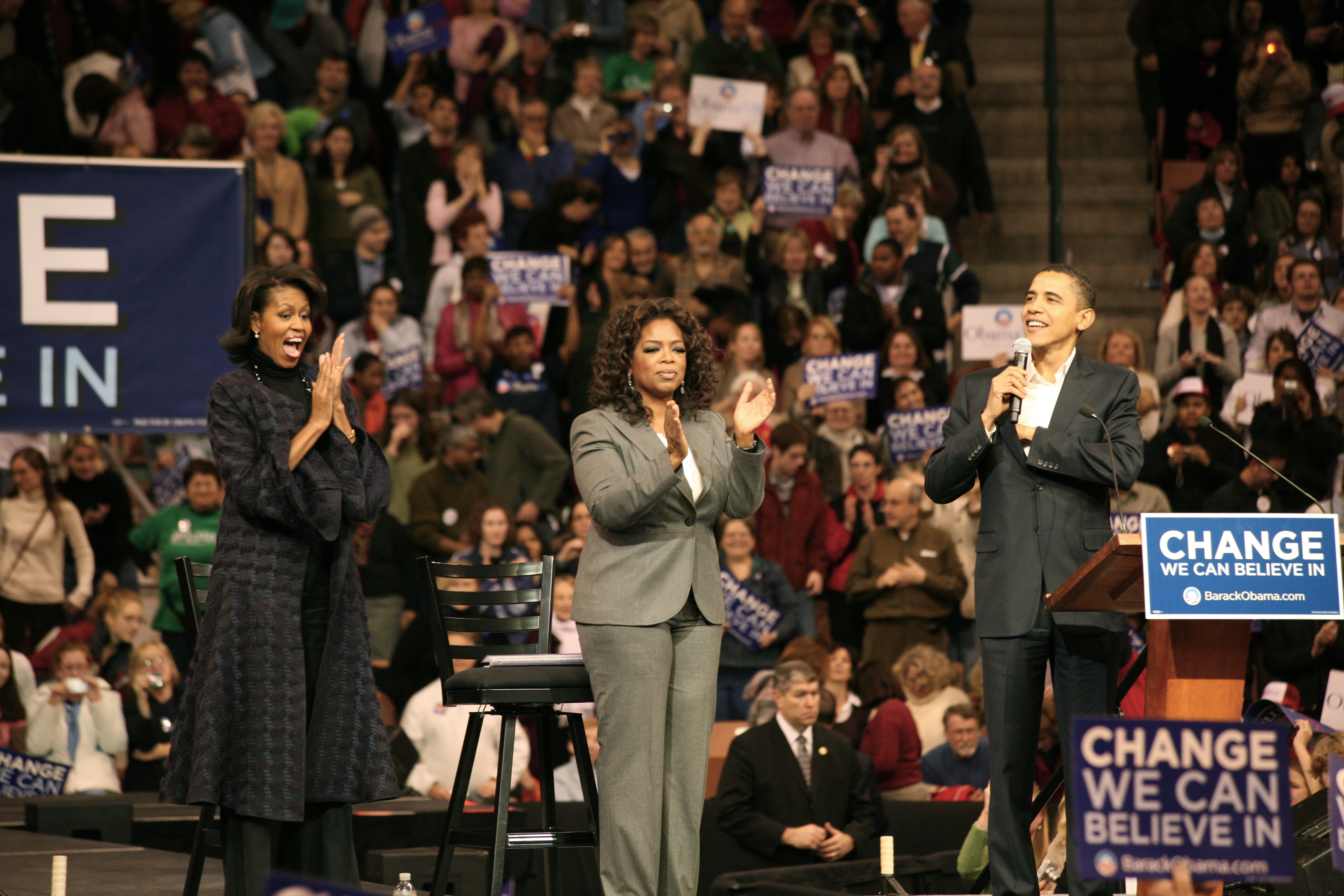
4. **Strategic Storytelling: The Oprah Winfrey Network (OWN)**In 2011, Oprah Winfrey cemented her commitment to impactful content by partnering with Discovery to launch the Oprah Winfrey Network (OWN), a cable channel designed around storytelling that deeply reflected American values and identity. Critically, OWN specifically targeted underserved demographics, particularly women and Black families, rather than merely replicating existing network formulas. Its programming consciously focused on real-life stories, emotionally rich dramas, and spiritually uplifting content, carving out a distinct and meaningful niche in the crowded television landscape.
OWN’s flagship shows, such as “Greenleaf” and “Queen Sugar,” transcended simple entertainment; they actively reflected cultural narratives that were often conspicuously absent from mainstream U.S. television. These series offered a mirror to the lives and experiences of millions, providing authentic representation and fostering a sense of belonging among their viewers. This commitment to diverse and meaningful storytelling reinforced Oprah’s unparalleled ability to identify crucial market white spaces and fill them with content that resonated deeply on an emotional level, further solidifying her reputation as a cultural tastemaker.
Despite an initially rocky launch—Oprah herself acknowledged it was “unexpectedly unsuccessful” and caused her a “breakdown”—OWN quickly demonstrated her resilience and strategic acumen. She famously stated, “I had to stop talking the talk because of this. A valuable teacher is a failure.” This period of introspection and adaptation proved crucial for the network’s long-term success, illustrating her willingness to learn from setbacks and pivot strategically.
Following a swift turnaround, the network began turning substantial profits, proving her ability not only to identify gaps in American storytelling but also to successfully deliver emotionally resonant content that fulfilled a critical need. This triumph in building and revitalizing OWN further stabilized her brand’s presence in an evolving media environment, demonstrating that even a titan like Oprah encounters challenges, but possesses the leadership to overcome them and achieve enduring success.
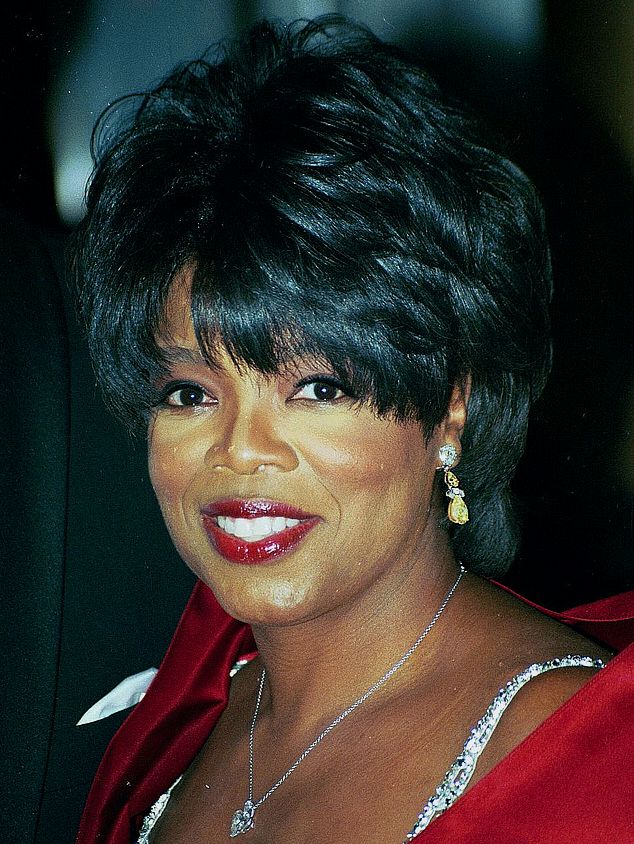
5. **Equity Over Endorsement: Oprah’s Partnership Model**While many celebrities historically capitalized on lucrative endorsements, Oprah Winfrey strategically shifted her business model toward equity-based partnerships, fundamentally altering how she engaged with brands. This transition demonstrated a sophisticated understanding of long-term value creation, prioritizing significant ownership stakes over transient endorsement fees. Her approach signaled a deeper commitment to the companies she aligned with, intertwining her financial success with their performance rather than merely lending her name or image for a fee. This strategic move represented a new era of celebrity entrepreneurship.
A prime example of this innovative strategy occurred in 2015 when she made headlines by acquiring a 10% stake in Weight Watchers (now WW International). This deal was not just a financial transaction; it involved her lending her formidable name, image, and invaluable business advice in exchange for equity, effectively making her a co-owner and active participant. The impact was immediate and dramatic: Weight Watchers’ stock surged nearly 100% after her involvement became public, reportedly generating an incredible $75 million for Winfrey in a single day, cementing her reputation as a powerful market mover and demonstrating the tangible value of her direct involvement.
Winfrey’s commitment to WW extended beyond a simple investment, as she has served as a director since 2015 and has a deal with the company to serve as its spokeswoman through 2025. She articulated her philosophy, stating, “I subscribe to WW’s goal and the ability of its initiatives to bring about lasting improvements for anybody who wants to collaborate to help assist them in achieving a stronger, happier life.” This statement underscores her belief in the mission, aligning her personal values with her financial decisions and demonstrating a model where business success is tied to genuine impact.
In subsequent years, Oprah continued to forge strategic content partnerships, notably with Apple TV+, where she offered original programming under the Apple Originals banner, positioning herself as a major stakeholder in the future of streaming. She also astutely managed her partnership with Discovery, increasing her stake in OWN to 95% before shrewdly selling a portion back in 2020 for $36 million. These moves collectively illustrate her keen understanding of market timing and value, further solidifying her prototype for modern business influence that values active participation, ownership, and strategic divestment when appropriate.
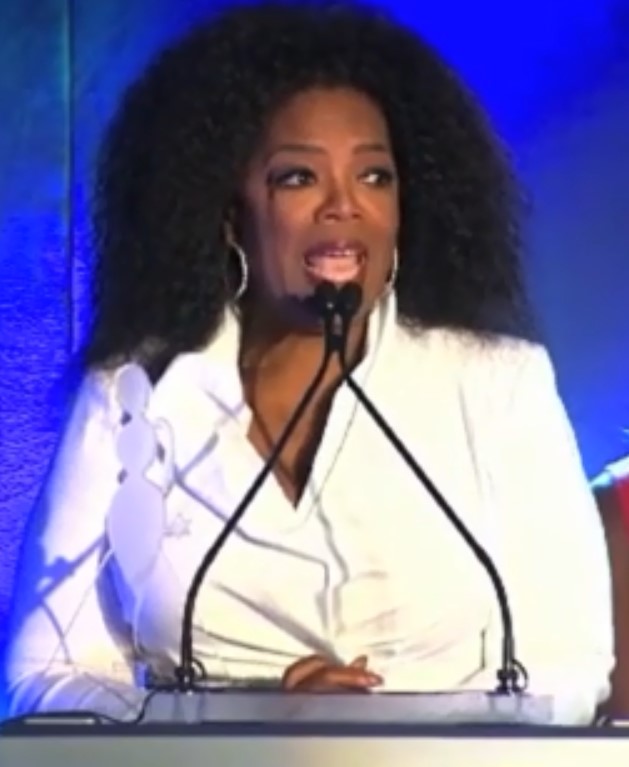
6. **The “Oprah Effect”: Trust-Based Commerce and Brand Loyalty**The remarkable consistency and enduring power of Oprah Winfrey’s brand are deeply rooted in a few key values: authenticity, empathy, self-betterment, and emotional intelligence. These are not merely personal traits she embodies; they are meticulously embedded into every facet of her business model. Her diverse media channels, product endorsements, and carefully curated experiences consistently echo these core principles, forging an exceptionally powerful and resilient connection with U.S. audiences who often express fatigue with inauthenticity and purely transactional marketing tactics.
Few figures in the American media landscape inspire the profound level of brand loyalty and consumer trust that Oprah commands. Her recommendations—whether for a book, a wellness product, or a life practice—consistently trigger massive surges in U.S. consumer interest, a phenomenon so potent it has been dubbed “The Oprah Effect.” This trust is not manufactured; it has been painstakingly cultivated over decades through the delivery of emotionally resonant, high-quality content that genuinely aligns with fundamental human needs and aspirations, especially among American women who view her as one of the most trusted public figures.
From a U.S. perspective, Oprah’s unique model has become a definitive benchmark for trust-based commerce, where the success of a product often hinges less on its intrinsic features and more on its perceived integrity and the credibility of its endorser. Her audience doesn’t just passively consume her content; they actively engage, buy, and share based on the deep emotional credibility she has earned. This illustrates a powerful form of cultural entrepreneurship, where influence extends beyond media consumption to shape actual consumer behavior and foster enduring brand allegiance, creating a market driven by belief.
The economic ramifications of this trust are undeniable. Studies have shown that Oprah remains one of the most trusted public figures in the U.S., a connection particularly strong among American women. This ability to balance vulnerability with authority has enabled her to build a values-driven business empire that feels emotionally safe—a rare and invaluable feat in a crowded marketplace. It demonstrates that genuine connection, rather than aggressive marketing, can be the most powerful driver of consumer loyalty and sustained commercial success.
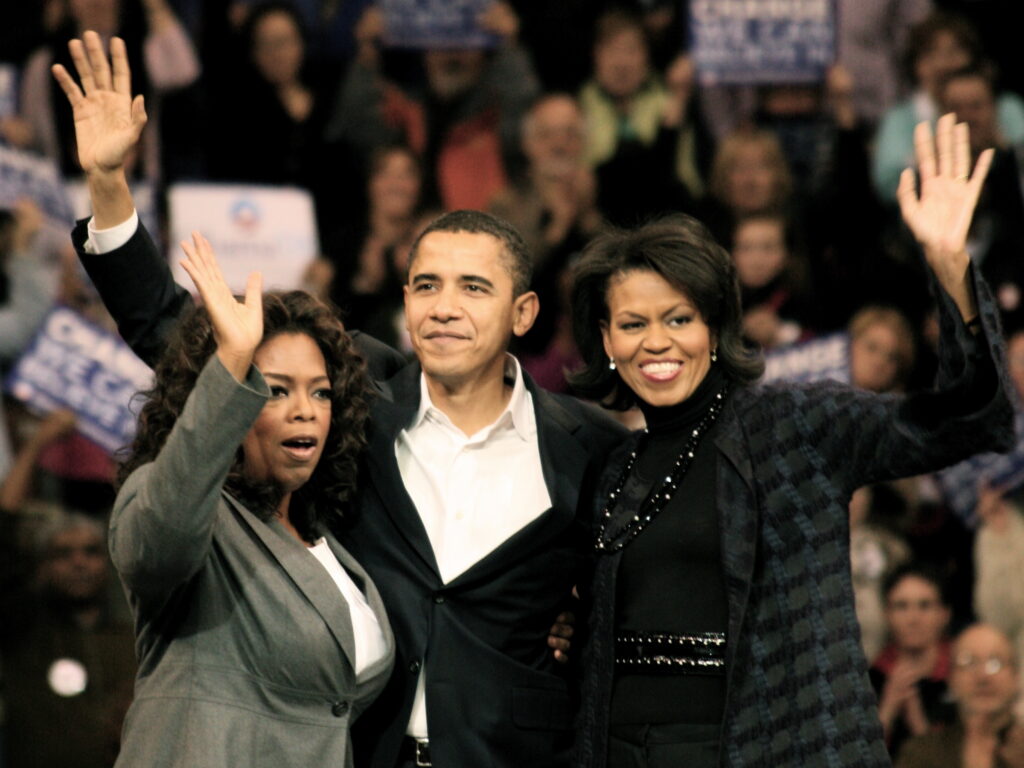
7. **Influence through Curated Capitalism: What Oprah Sells Is Belief**At the very core of Oprah Winfrey’s extraordinary business model lies what can be aptly described as ‘curated capitalism,’ a unique approach that transcends the mere transaction of goods and services. Through her diverse platforms, including the revered Book Club, strategic wellness partnerships, and carefully chosen product endorsements, Oprah offers far more than just commodities; she provides a profound sense of emotional validation. Her brand, therefore, is not fundamentally about selling products, but rather about cultivating and selling belief in personal growth, self-worth, and the transformative power of the individual journey.
This intricate model operates with meticulous precision, transforming every one of her selections into a national conversation. Whether it is a recommended book that sparks introspection or a wellness product championed for its potential benefits, each endorsement is a conduit for a deeper, more meaningful message. These curated choices are designed to resonate on an emotional level, encouraging audiences to engage not just with the item itself, but with the underlying values and aspirations it represents.
The impact of her discerning selections is undeniable, elevating products from simple purchases to cultural touchstones that significantly influence consumer behavior. This phenomenon illustrates a powerful form of cultural entrepreneurship, wherein Oprah’s influence extends far beyond traditional media consumption. It actively shapes how Americans perceive and relate to the products they integrate into their daily lives, demonstrating that genuine connection, rather than aggressive marketing, can be the most powerful driver of consumer loyalty.
Indeed, her ability to imbue commercial ventures with emotional resonance has redefined consumer engagement in the United States. Audiences do not just buy what Oprah recommends; they invest in the promise of self-betterment and positive change that her brand embodies. This strategic alignment of personal values with commercial endeavors reinforces the idea that, for Oprah, every curated choice is an extension of her mission to inspire and empower.
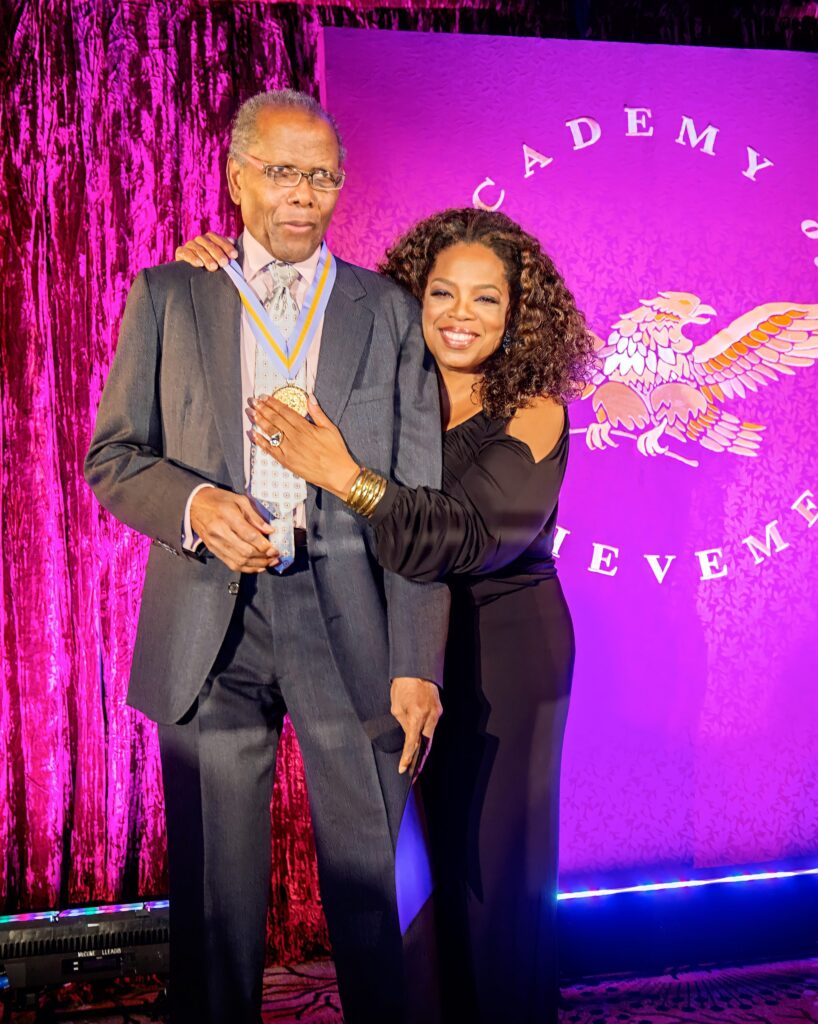
8. **The Unparalleled Influence of The Oprah’s Book Club**Among the many facets of Oprah Winfrey’s empire, The Oprah’s Book Club stands as a quintessential example of her ‘curated capitalism,’ functioning as an unparalleled trust-based pipeline within the American publishing industry. Launched on September 17, 1996, originally featuring twelve selections per year before its relaunch in 2012 with six annual picks, the club quickly became more than a mere recommendation engine. It transformed into a powerful cultural and economic force, directly contributing to the financial ecosystem of American literature.
The phenomenon known as “The Oprah Effect” became particularly potent for books, capable of skyrocketing sales for authors overnight and compelling publishers to meticulously plan entire marketing campaigns around the mere possibility of being selected. This was not simply a matter of celebrity promotion; it represented a profound form of economic empowerment rooted in cultural validation. Authors, many previously lesser-known, found their careers irrevocably altered by her endorsement.
Numerous examples underscore this profound influence. Nobel Prize-winning author Toni Morrison experienced a remarkable revitalization of her sales when Oprah picked her books, a total of four times. “The Bluest Eye,” initially selling 2,000 copies upon its 1970 publication, saw an astonishing 800,000 additional copies sold after Oprah featured it in her book club in 2000. Similarly, Rhonda Byrne’s 2006 nonfiction self-help book, “The Secret,” which claimed to harness “The Law of Attraction,” generated over $300 million in earnings, largely thanks to Oprah’s blessing.
Even after its initial run alongside her popular talk show concluded, and its subsequent relaunch, The Oprah’s Book Club continues to shape how literary works gain cultural traction across the United States. Its model, deeply rooted not in volume but in the depth of connection and trust Oprah has cultivated with her audience, remains a definitive benchmark for cultural entrepreneurship in the publishing world, making it a pivotal force in driving both literary discussion and consumer behavior.
Read more about: From the Ashes to the A-List: 6 Jaw-Dropping Celebrity Comebacks That Will Inspire You
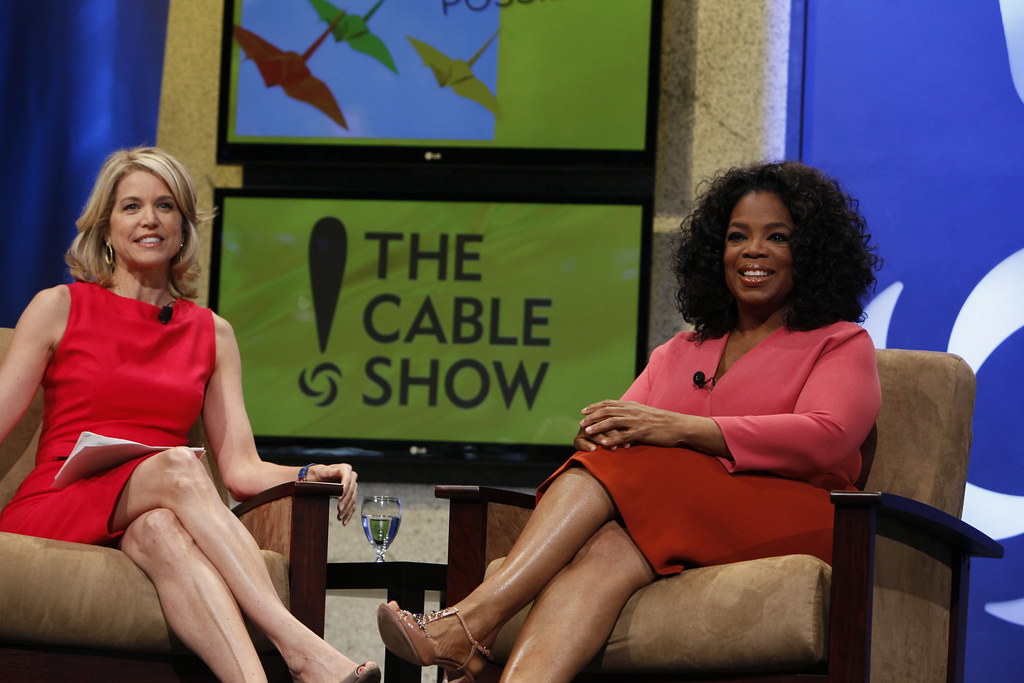
9. **Championing Diverse Voices: Oprah’s Commitment to Black Authors**Oprah Winfrey’s personal history, marked by her upbringing in rural Mississippi, experiencing poverty and childhood abuse, profoundly informs her commitment to leveraging her immense platform for social good. As the first Black woman billionaire, with a net worth of $3.5 billion, she has consistently made it a habit in the relaunched version of her book club to champion Black authors. This initiative is a powerful demonstration of her dedication to paying it forward and fostering success for other Black creatives, aiming to amplify voices and narratives that have historically been marginalized within the literary landscape.
This commitment has yielded significant and tangible successes for numerous authors. Colson Whitehead’s novel, “The Underground Railroad,” a 2016 selection for Oprah’s Book Club, went on to sell more than a million copies. The book’s critical acclaim was equally impressive, earning both the National Book Award and the Pulitzer Prize, cementing its place as a contemporary literary masterpiece and showcasing the profound impact of Oprah’s endorsement on both sales and recognition.
Another poignant example is Tayari Jones, author of “An American Marriage.” Following Oprah’s book club blessing in 2018, Jones’s novel became a New York Times bestseller. The financial success that ensued enabled her to achieve a significant personal milestone, as she told The Cut that she was able to buy a house, illustrating the life-changing economic empowerment that can result from Oprah’s platform. These stories highlight not just increased sales, but also the broader societal impact of her choices.
Through these strategic selections, Oprah actively promotes diverse voices and ensures that authentic narratives from the Black community receive the national and international attention they deserve. Her role extends beyond merely selling books; it is about cultivating a more inclusive literary environment and demonstrating the power of representation. By providing such a prominent stage, she continues to inspire a new generation of readers and writers, underscoring her profound influence on American culture and the publishing industry.
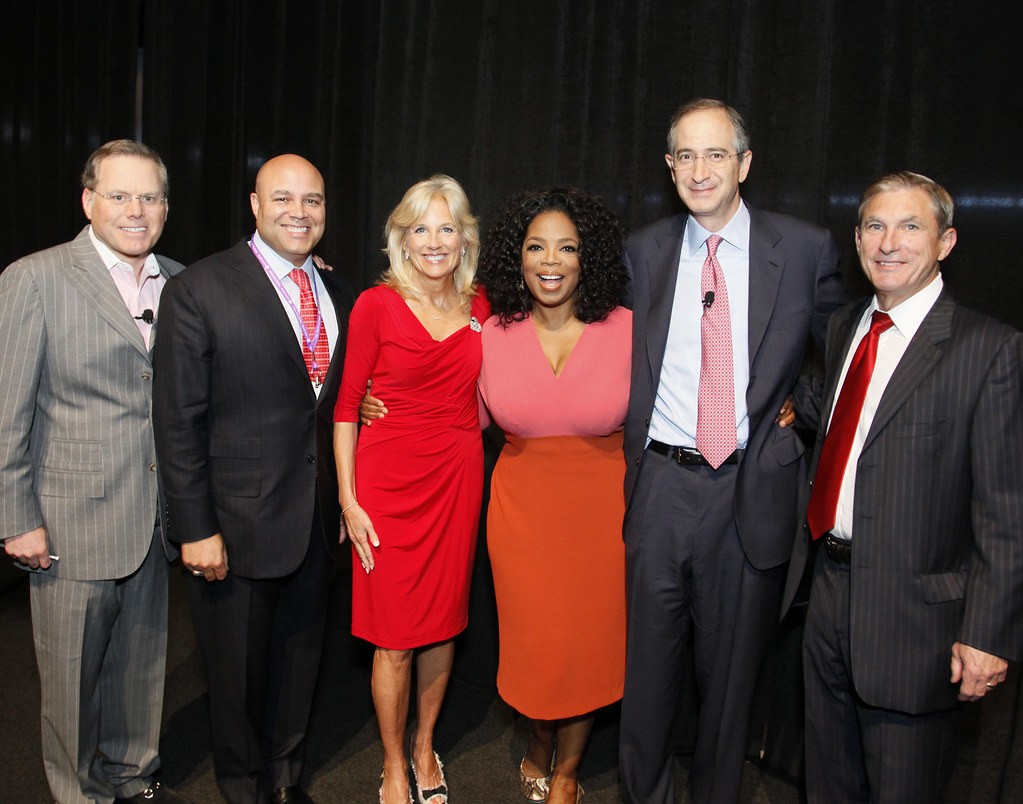
10. **Navigating Controversies: The Challenges of a Curated Platform**Despite the remarkable consistency of Oprah Winfrey’s brand, anchored in authenticity and trust, her highly curated platform has, on occasion, faced significant controversies. These incidents, though rare, have prompted critical public questioning regarding her vetting processes and the ethical responsibilities inherent in wielding such immense cultural influence. Such challenges underscore the complex dynamics of a media empire built on personal credibility and emotional connection.
One of the most widely publicized controversies erupted in 2006, when Oprah’s Book Club selected James Frey’s “A Million Little Pieces,” touted as a raw memoir of his struggle with drug addiction and recovery. The book rapidly became a monumental bestseller, selling over two million copies at a pace unprecedented for the club. However, revelations that Frey had fabricated significant portions of his “true story” led to a furious public backlash. Oprah, upon discovering the deception, dramatically confronted Frey on her show, publicly revoking the book from her club, an event that highlighted the stakes involved in her endorsements.
More recently, in 2020, Oprah’s selection of Jeanine Cummins’s novel “American Dirt” ignited another storm of criticism. Despite strong initial pre-orders and an increased print run, Latino authors and scholars expressed widespread outrage. They accused Cummins of cultural appropriation, arguing that she lacked the lived experience to authentically tell a story depicting a Mexican mother fleeing her country after cartel violence. Critics also pointed to a perceived lack of similar support from the publishing industry for Latino authors telling their own stories, highlighting systemic issues that even Oprah’s endorsement could not fully navigate.
These controversies, while challenging, ultimately underscore the immense responsibility that accompanies a platform of Oprah’s scale and influence. They serve as poignant reminders that even the most trusted tastemakers are not immune to scrutiny, and that the intersection of cultural curation, authenticity, and representation remains a complex and evolving terrain in the public consciousness. Such moments, despite their difficulty, often lead to important conversations about media ethics and accountability.
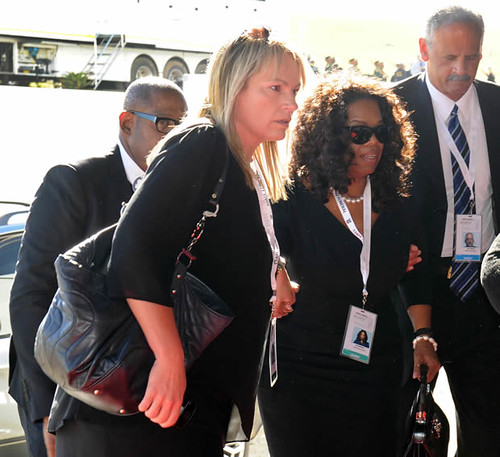
11. **Cultivating New Talent: The Oprah Winfrey Show’s Starmaking Power and Interview Impact**Beyond her own singular career, Oprah Winfrey’s business acumen extended notably to the cultivation of new celebrity talent, a strategic endeavor that has profoundly shaped the landscape of American daytime television and media. She recognized and nurtured individuals who possessed a unique ability to connect with audiences, effectively investing in other personalities as a key factor in her own growing wealth and influence. This approach transformed her show into a powerful incubator for future media stars.
Oprah is widely credited with being largely responsible for the success of several top daytime TV personalities, transforming them from guests or occasional contributors into household names with their own lucrative empires. Figures such as Dr. Phil, Rachael Ray, Nate Berkus, and Dr. Oz all achieved remarkable success directly following their popularization on The Oprah Winfrey Show. This exposure propelled them to national prominence, demonstrating her unparalleled ability to identify and launch impactful careers.
Indeed, the financial ramifications of these cultivated relationships are substantial. Celebrity Net Worth estimates that Rachael Ray’s culinary empire has amassed $100 million, while Dr. Phil is valued at $460 million. These figures illustrate the significant wealth generated through Oprah’s initial platform, underscoring her role not just as a host, but as a strategic investor in human capital and media brands. Her influence created enduring media franchises that continue to thrive independently.
Her impact also extended to high-profile interviews, which evolved into major cultural events that captivated millions. A notable example is her in-person interview with Meghan Markle and Prince Harry, for which The Wall Street Journal reported that Winfrey received an estimated $7 million to $9 million. CBS reportedly paid for this interview based on anticipated advertising revenue, with a 30-second commercial spot costing nearly twice the standard rate, reflecting the immense draw of her conversations. The interview, which delved into “Megxit” and claims of bigotry within the British royal family, drew an estimated 17.1 million viewers, solidifying Oprah’s reputation for orchestrating culturally resonant discussions that resonate deeply across America.
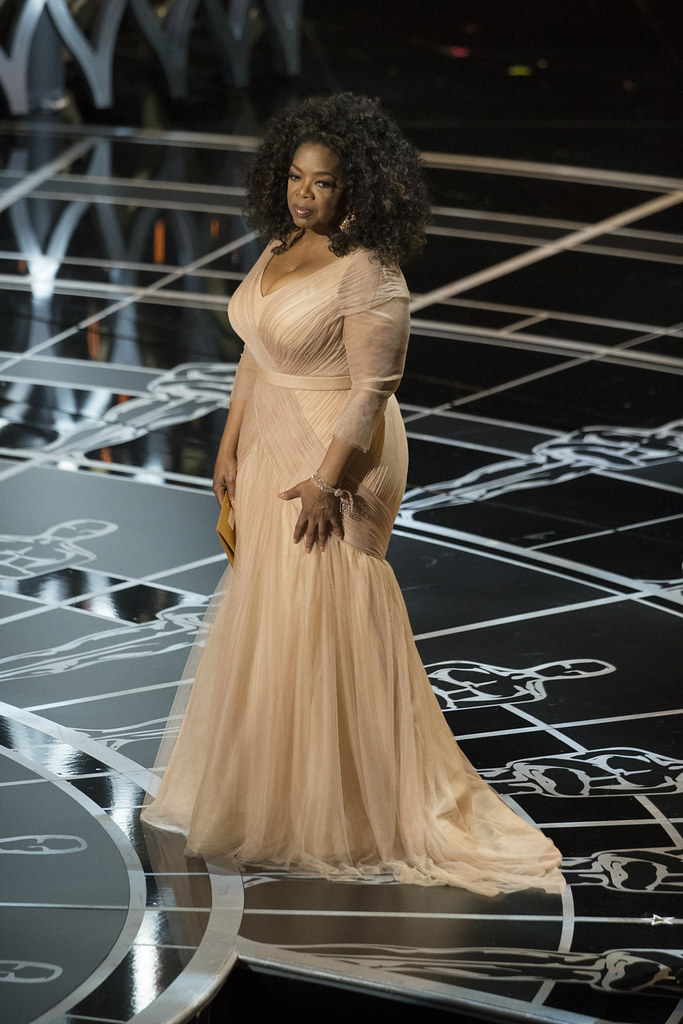
12. **Emotional Infrastructure: Oprah’s Brand as a Stabilizer for American Resilience**Perhaps one of the most profound and often understated elements of Oprah Winfrey’s vast business empire is its unique function as an “emotional infrastructure” for American resilience. In an era marked by increasing fragmentation and anxiety, her platforms have consistently offered a critical, safe space for millions of Americans to process, reflect, and ultimately recover during moments of collective trauma. This distinguishes her brand from purely commercial entities, positioning it as a vital social and emotional resource.
Throughout significant national crises, such as the aftermath of 9/11, the profound challenges of the COVID-19 pandemic, and pivotal racial justice reckonings, Oprah’s media endeavors have provided a crucial emotional anchor. Her business model, in these instances, delivered a form of “emotional capitalism,” acknowledging collective pain while simultaneously pointing toward pathways for healing and hope. This unique ability to cater to fundamental human needs for understanding and validation solidified her role beyond traditional media.
Her interviews, particularly during these periods of national uncertainty, are crafted less for mere entertainment and more with a deliberate intent to stabilize and provide meaning. Whether she engages with survivors, expert commentators, or cultural leaders, Oprah skillfully utilizes her business as a mirror for American emotions. She validates experiences and feelings, acknowledging suffering while offering guidance and fostering a sense of shared humanity. She has cultivated a space of calm authority and emotional resonance in a media landscape often dominated by noise and polarization.
As the U.S. continues to navigate evolving media landscapes and societal challenges, particularly as her traditional audience ages and a new generation emerges, Oprah’s brand remains exceptionally relevant. For Gen Z, a demographic that values emotional transparency, social responsibility, and value-based consumption, her model offers a compelling blueprint for a new kind of entrepreneurship. It is one that does not merely sell products but actively shapes culture, uplifts identity, and provides essential emotional connection in an increasingly fragmented and uncertain world.
Oprah Winfrey didn’t simply construct a business empire; she meticulously crafted a belief system, commercialized and curated specifically for the American soul. As U.S. media consumption habits, consumer behaviors, and fundamental emotional needs continue their dynamic evolution, her enduring empire remains not only profoundly relevant but, for many, an essential presence in the cultural fabric of the nation.



